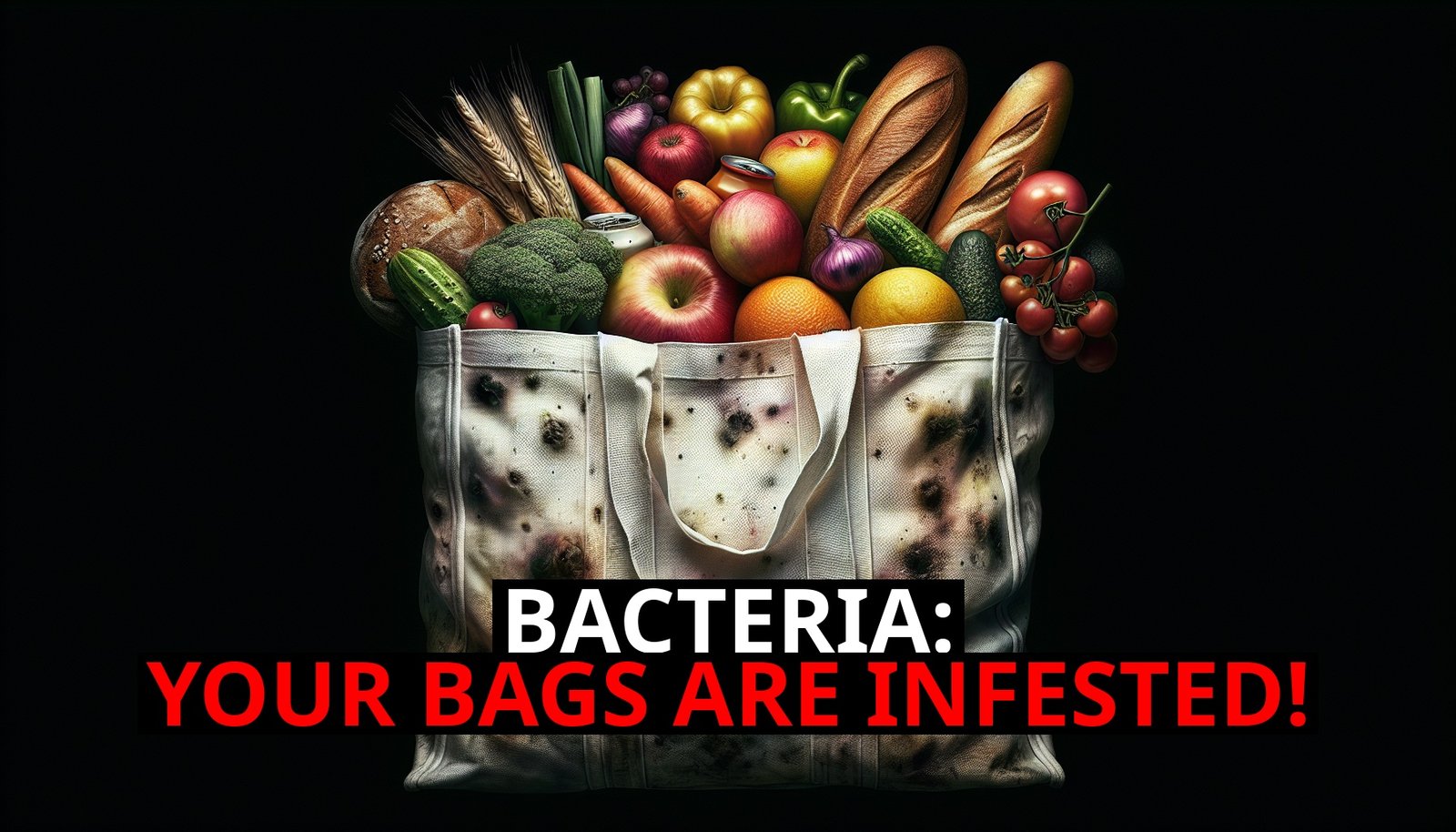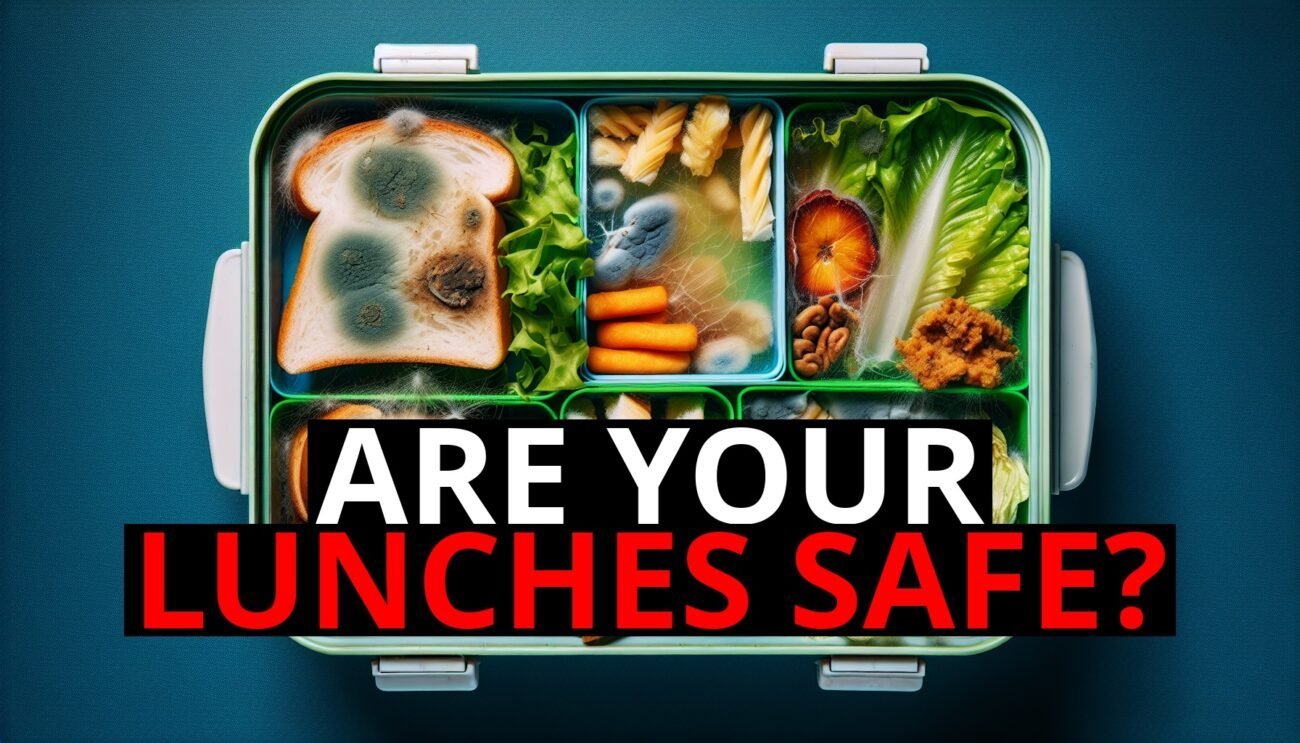Is Your Eco-Friendly Shopping Habit Putting Your Health At Risk?
You’re committed to reducing plastic waste, so you’ve made the switch to reusable shopping bags. Every trip to the grocery store feels like a small victory for the environment. But while you’re doing your part for the planet, could you be unknowingly putting your health at risk? The truth is, those eco-friendly bags you rely on might be harboring something far less friendly—bacteria.
It’s time to take a closer look at the hygiene risks associated with reusable shopping bags. Let’s explore how these bags can become breeding grounds for bacteria and, more importantly, how you can keep them clean and safe for your health.
The Dark Side Of Reusable Bags: A Hidden Health Hazard
Reusable shopping bags are fantastic for cutting down on single-use plastic waste, but they come with a downside that’s easy to overlook. Unlike disposable plastic bags, reusable bags are often made from materials like cloth, jute, or non-woven polypropylene. While these materials are sturdy and sustainable, they can also absorb moisture, trap food particles, and provide the perfect environment for bacteria to thrive.
Here’s what happens:
– Cross-Contamination: You load up your reusable bag with fresh produce, raw meat, dairy products, and other groceries. Any juices from meat or dairy that leak, combined with the bacteria already present on produce, can contaminate the bag. The next time you use that bag, those bacteria can transfer to other items, increasing the risk of foodborne illness.
– Warm and Humid Conditions: If your reusable bags are left in a warm car or stored in a damp environment, the conditions become even more favorable for bacteria to multiply. A study conducted by the University of Arizona found that reusable shopping bags can harbor harmful bacteria, including E. coli, if they’re not cleaned regularly.
– Unwashed Bags: Many people forget to clean their reusable bags or assume that a quick shake-out is enough. But without regular washing, these bags can accumulate bacteria over time, posing a significant health risk.
How To Keep Your Reusable Bags Clean And Safe
The good news is that you don’t have to give up on your eco-friendly habits to protect your health. With a few simple steps, you can ensure that your reusable shopping bags stay clean and safe for use:
– Wash Your Bags Regularly: The most effective way to keep your reusable bags free from bacteria is to wash them after each use, especially if they’ve been in contact with raw meat, dairy, or other perishable items. Cloth bags can usually be tossed in the washing machine with hot water and regular detergent, while non-woven polypropylene bags can be hand-washed with warm, soapy water.
– Designate Specific Bags for Certain Items: To reduce the risk of cross-contamination, consider designating certain bags for specific types of groceries. For example, use one set of bags exclusively for raw meat and another for fresh produce. Labeling your bags can help you keep track of what they’re used for.
– Avoid Storing Bags in Warm, Damp Places: After using your bags, make sure they’re completely dry before storing them. Avoid leaving them in the trunk of your car or other warm, humid places where bacteria can thrive. Instead, store them in a cool, dry place between uses.
– Check for Wear and Tear: Over time, reusable bags can develop small tears, holes, or frayed edges that can trap food particles and bacteria. Inspect your bags regularly and replace them if they show signs of wear.
– Use Liner Bags for Raw Meat: To add an extra layer of protection, consider using disposable plastic or paper liner bags for raw meat or other items that are likely to leak. This can help contain any juices and reduce the risk of contaminating your reusable bags.
The Benefits Of Clean, Safe Reusable Bags
By taking the time to properly care for your reusable shopping bags, you’re not only protecting your health but also maximizing the environmental benefits of your eco-friendly choice. Clean, well-maintained bags last longer, reducing the need for replacements and further cutting down on waste.
Plus, with designated bags for specific items, you can shop with peace of mind, knowing that you’re minimizing the risk of cross-contamination and foodborne illness. It’s a simple way to make sure that your commitment to sustainability doesn’t come at the cost of your well-being.
Conclusion: Keep Your Eco-Friendly Habits Safe And Healthy
Reusable shopping bags are a fantastic step toward reducing plastic waste and living a more sustainable lifestyle. But to truly make the most of this eco-friendly choice, it’s essential to be mindful of the hygiene risks associated with these bags. By washing your bags regularly, storing them properly, and taking a few extra precautions, you can ensure that your reusable shopping bags remain a safe, healthy, and environmentally friendly option for all your grocery needs. So next time you head to the store, pack your bags with confidence—knowing they’re clean, safe, and ready to help you live your best sustainable life.













